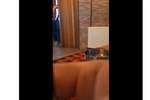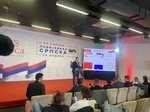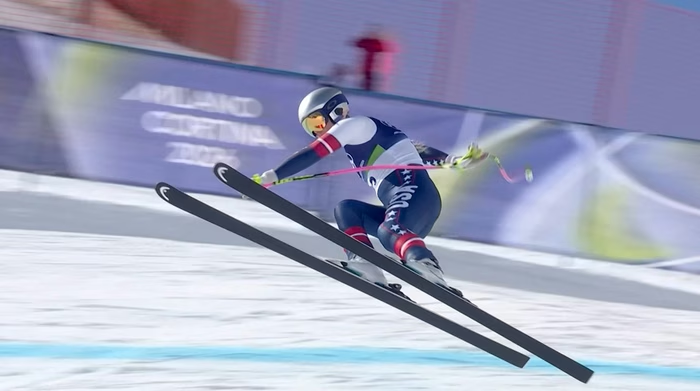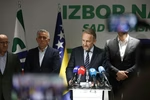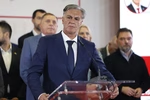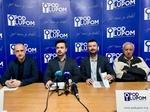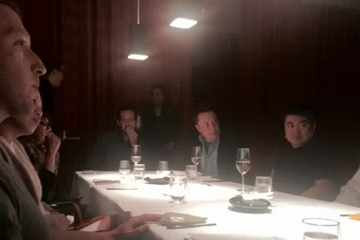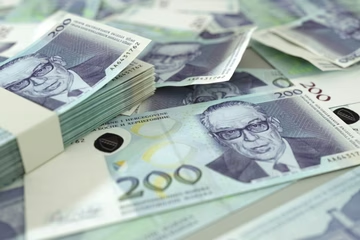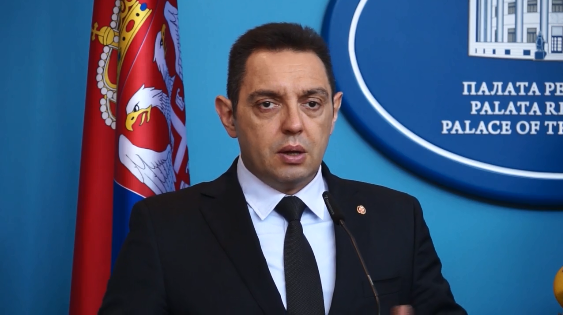
Monday’s statement by Serbia’s Defence Minister, who said his country will provide EUR 7.2 million to the arms industry in Bosnia’s Serb-dominated part has been criticized even by some Bosnian Serb politicians.
"In accordance with the orders from the Supreme Commander of the Army of Serbia and the agreement with the President of the RS, Milorad Dodik, Serbia’s Ministry of Defence has secured 850 million Dinar (EUR 7.2 million) for various needs of the companies of the RS defence industry, that is, for the restoration of tank and aircraft engines," Serbia’s Minister Aleksandar Vulin had told reporters after meeting with Milorad Dodik, the President of Republika Srpska (RS), one of Bosnia’s two semi-autonomous entities.
According to the Chairman of Bosnia’s House of Representatives, Bosnian Serb politician Mladen Bosic, this is all just part of an election campaign for the upcoming October general election.
"It is creating an atmosphere of endangerment, an atmosphere which carries the sound of possible war-like conflicts in these areas and it is a political game. It has to do with the election and with the positioning of political parties," Bosic said, adding that "it is clear that this is Dodik’s field and a condition for conflict to be created."
Lawmaker in the Parliament of the country’s other entity, the Federation (FBiH), Dennis Gratz, said the narrative coming from Vulin and Dodik is an attack on the territorial sovereignty and integrity of Bosnia.
"It shows that whatever kind of politics is in power in Serbia, there are always people like Mr. Vulin who will use every possible chance to continue the conflict using other means such as diplomacy or attempts to undermine the system (in Bosnia)," he said.
The head of the club of FBiH lawmakers from the Party of Democratic Action (SDA), Ismet Osmanovic, said he does not understand what is meant by the term "defence industry".
"Industry is industry. The arms industry is a special type of industrial production strictly tied to the laws of every country, including Bosnia and Herzegovina. As long as this type of industry and industrial production is happening according to the laws and rules in place, it is fine," he said.
Lawmaker in the National Assembly of Republika Srpska, Admir Cavka, said that this kind of "incendiary rhetoric" can be harmful for post-war returnees to RS territory, and that it can produce more tensions.
"Everything that has to do with arms concerns us and those are sensitive topics, but there are other institutions that do their job and they should do it and we should trust them. We want to live a normal life, not one filled with topics that take us 30 years back," he said.
The Office of the High Representative, Bosnia’s top official overseeing the implementation of the 1995 Dayton Peace Agreement, the EU Delegation to Bosnia and the US Embassy told N1 that all issues regarding the arms industry must be assessed by the state government and that it should react to any potential illegal activities.
Kakvo je tvoje mišljenje o ovome?
Učestvuj u diskusiji ili pročitaj komentare





 Srbija
Srbija
 Hrvatska
Hrvatska
 Slovenija
Slovenija
















